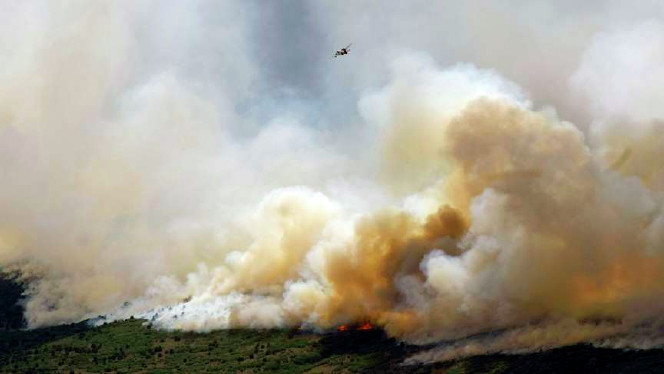How can you protect your home?
Creating defensible space around your home can help to save it if a wildfire gets too close. It also provides firefighters with a place from which to fight wildfires.
Doing the following will help create defensible space:
- Remove all flammable vegetation around all structures. Contact your local fire department to find out if there is a minimal amount of clearance required.
- Trim trees so branches are six feet from the ground and 10 feet from your chimney. Remove branches overhanging your roof.
- Call your utility company for help with trees near power lines. Never trim them yourself.
- Remove any dead trees. Cut weeds and dead grasses six inches or shorter.
- Always work early in the morning and make sure your power tools have spark arresters to prevent equipment-caused fires.
- Consider landscaping with fire-resistant plants.
- Clean up plant litter and water properly
Read the full article by Stephanie Grimes on KSL.com by following the link below:
And another good article:




